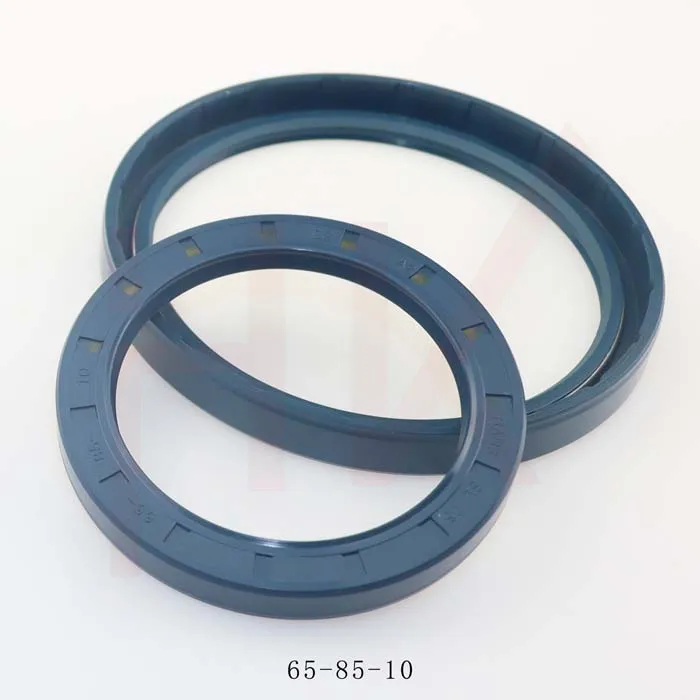Sep . 23, 2024 00:30 Back to list
metric shaft seals
Understanding Metric Shaft Seals An Essential Component in Machinery
Metric shaft seals are critical components used in various mechanical systems to prevent the leakage of fluids and contaminants. Engineered for precision, these seals maintain the integrity of machinery, ensuring optimal performance and longevity. In this article, we’ll explore the significance of metric shaft seals, their design features, and common applications.
At the core of a metric shaft seal is its ability to create a tight barrier around rotating shafts, which are pivotal in numerous industrial applications. The primary function of these seals is to contain lubricants within the machinery while simultaneously keeping out dust, dirt, and moisture that could compromise the system's performance. They are often made from materials such as rubber, silicone, or polyurethane, chosen for their durability and resistance to wear from friction.
The design of metric shaft seals typically incorporates a few key features. The sealing lip is the most crucial part; it bears against the shaft, forming a dynamic seal as the shaft rotates. The lip's profile and material significantly affect the seal's effectiveness and longevity. Additionally, many metric seals include a garter spring that enhances the seal’s contact pressure against the shaft, ensuring a tighter fit and reducing the chance of leakage.
metric shaft seals

Metric shaft seals come in various sizes and specifications, often denoted by their dimensions in millimeters. This metric designation allows for precise fitting in machinery designed for international markets, where metric units are standard. The availability of standardized sizes makes replacement and maintenance more convenient, reducing downtime for machinery.
These seals are widely used across industries, including automotive, aerospace, manufacturing, and agriculture. In vehicles, for example, metric shaft seals prevent engine oil from leaking and help maintain pressure in the transmission, contributing to overall vehicle performance. In industrial settings, they are used in gearboxes, pumps, and motors to protect sensitive components from contamination and ensure reliable operation.
In conclusion, metric shaft seals are indispensable in modern machinery, providing a reliable solution for fluid retention and contamination prevention. Their sophisticated design and material composition ensure that they can withstand the demanding environments of various industries. Understanding the importance of these seals not only aids in effective machinery maintenance but also enhances overall operational efficiency. As technology advances, the development of even more efficient and durable shaft seals will continue to play a vital role in machinery design and maintenance.
-
TCN Oil Seal Metal Ring Reinforcement for Heavy Machinery
NewsJul.25,2025
-
Rotary Lip Seal Spring-Loaded Design for High-Speed Applications
NewsJul.25,2025
-
Hydraulic Cylinder Seals Polyurethane Material for High-Impact Jobs
NewsJul.25,2025
-
High Pressure Oil Seal Polyurethane Coating Wear Resistance
NewsJul.25,2025
-
Dust Proof Seal Double Lip Design for Construction Equipment
NewsJul.25,2025
-
Hub Seal Polyurethane Wear Resistance in Agricultural Vehicles
NewsJul.25,2025
-
The Trans-formative Journey of Wheel Hub Oil Seals
NewsJun.06,2025
Products categories
















